Astronomers were able to explain the mysterious radio message from space
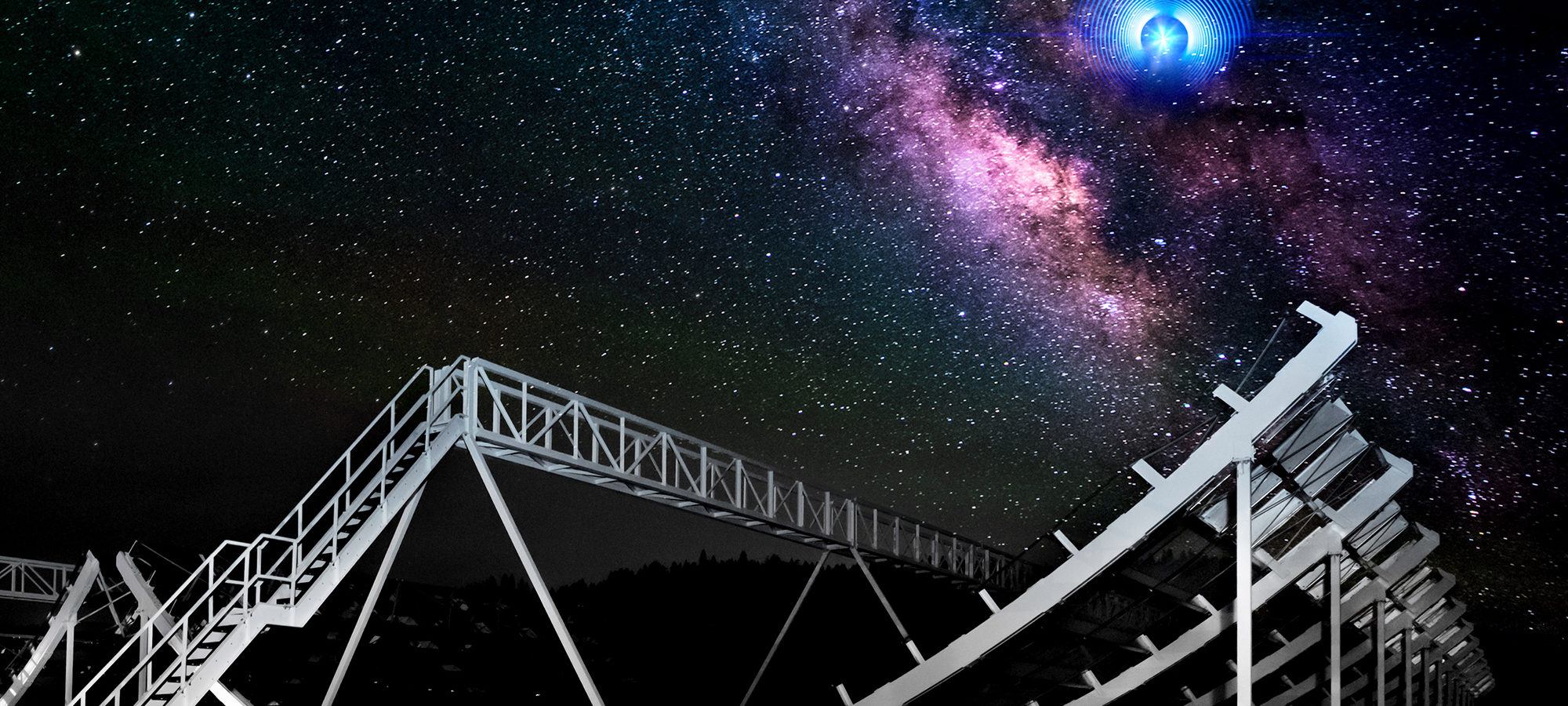 Source:
Source:
Somewhere in the beginning of this year Brian Metzger realized that he was by himself — no incoming messages, no lessons — and that maybe, just maybe he got the answer to one of the most persistent mysteries of astronomy. He flew into a rage and tried to cling to that answer, worrying that a small mistake can ruin everything, or that someone else will make all the pieces together first. "Trying to keep up because other people might see it, too," says Metzger, an astrophysicist at Columbia University.
Together with many other scientists around the world Metzer spent the last few years, brainstorming, trying to understand the fast radio bursts (FRB). It's a millisecond flash of intense and unexplained radio signals, which spread all over the sky, temporarily eclipsing radio pulsars in our galaxy, despite the fact that are millions of times further. Until 2013, many astrophysicists doubted their existence. Over the years, scientists have led dozens of possible explanations could be the reason for their appearance. One catalog has 48 individual theories.
That is, of the theories was more than the events themselves, which they tried to explain.
theFast radio bursts: what is it?
The FRB need Theory in two parts. Have a suspect — astrophysical monster that can unleash huge amounts of energy. Have gun — something that converts this energy into a bright, amazing and unusual radio signal.
Now that Metzger and his colleagues believe that I was able to restore the crime scene. Earlier this month they published on the website of preprints arXiv.org an article in which he sketched out how a fast radio bursts from explosions in the areas of space, dotted with dense clouds of particles and magnetic fields.
Their model prefers but does not require Magnetar as the source of the explosions. A Magnetar is a young neutron star, which sometimes belches charged particles in the form of a huge version of the coronal mass ejection occurring on . Each new explosion slams into the surrounding clutter. When this happens, a shock wave is born, which, in turn, emits a short laser-like flash of radio waves into the universe.
"In General it definitely makes sense," says James Corden, an astrophysicist at Cornell University, adding, however, that further details need to be elaborated upon. "I would say that's a good horse, you can put".
However, what astronomers really like is the fact that Metzger's theory generates very specific predictions about how the future should look like FRB. Therefore, these predictions can be checked by testing. New canadian radio telescope for CHIME, expected to find from one to ten FRB in a day when operating at full capacity at the end of this year. During initial tests last summer, he found a dozen flares. The results of his work . "I think over the next year or so we will be able very well to check it out," says Shreeharsh Tendulkar, an astrophysicist at McGill University, team member CHIME FRB.
theAt the speed of a shock wave
The Theory was developed by Megarom and his colleagues Ben Margalita and Lorenzo sironi, based on the biggest breakthrough in FRB. In 2016, the team, led by Laura Spitler from the Institute max Planck of radio astronomy in Bonn, Germany, published their findings in studying the early history repeated FRB. Previously each of these events was rare. Because of this, astronomers were not able to keep track of where in the sky they were born, so knew nothing about the flashes, though, and suspected that they appear far outside our galaxy. But one flash appeared after the other.
And soon radio astronomers were able to discover its origin in a small, deformed dwarf galaxy. Trying to squeeze every hint of these radio signals, they discovered that all are born in the dense region of the plasma, seized by powerful magnetic fields. They also found that the surge was surrounded by a dim, but steady radioveschanie. And last November, astronomer Jason Hessels (along with Spillerom and others) noticed something strange: each burst in a fraction of a second actually contains several podoplelov, which gradually shifted down from higher to lower radio frequencies.
For the team Methara this last hint seemed surprisingly familiar. In the 1950-ies, physicists have studied the shockwaves of nuclear explosions to gauge their power output. In these models, shock fronts, nuclear explosions absorb more gas, extending outward. This additional weight slows down the shot and as he slowed, emitted from the shock front radiation is shifted down in frequency due to the Doppler effect.
Metger thought that this effect of the blast wave may hint at the true nature of FRB. And then, suddenly, in early January, the CHIME telescope picked up another recurring event. This time repeating the radio signals showed the same downward frequency shift. "The idea originated with the first repetition," says Metzger. "But seeing this demonstration in FRB, I earned twice the pace".
Now, Metzger, Margalit and sironi has released its complete model based mostly on the explanation of the inputs and outputs from the first repetition. Imagine a Magnetar, a neutron star the size of a city, forged in a supernova for a fewdecades before, with boiling and heaving surface. Like sunshine on a rainy day, this young Magnetar produces random spikes, which shoot electrons, positrons and maybe even heavy ions at speeds close to the speed of light.
When this material starts, he is faced with the older particles emitted in previous outbursts. Where a new release is faced with the old, it accumulates a shock shock, inside which the raging of the magnetic field. When the shock is pushed outward, the electrons of the spin along the magnetic field lines, and this movement produces a burst of radio waves. Shock because the shock is slowing down, the signal is shifted from higher frequencies to lower ones. And astronomers on Earth spectacular radio message.
And while all of this sounds interesting, the idea will have to go through the next phase of testing in the history of the fast radio bursts. While this is the calculable and well thought out script. "They made the most detailed calculations and were able to give specific predictions for observations," says Spitler.
Megara Model predicts a number of specific features that should have a future FRB. First, all future FRB must follow the same decreasing frequency. Can they show gamma-radiation or x-ray emission that astronomers like Spitler have already started to look. They must reside in galaxies, which formed many new stars appear fresh Magnetar. And when they do repeat, they have to take breaks after astronomers have observed a large flash. At this point the system is so jammed with material that the subsequent outbreak can not escape.
Now the model Megara is faced with many other still viable theories. Fast radio bursts may be the result of mergers of neutron stars, which the telescopes and detectors of gravitational waves for the first time caught in 2017. Neutron stars can give rise to the FRB, colliding with other objects such as black holes and white dwarfs, when they themselves are quanta collapse into the dark black holes or when their magnetic lines of force break the strong plasma flows.
And it is unclear whether the FRB appear all of one type of event.
The Data continue to accumulate, the field narrows. Over the past five months, while CHIME was in the stage of commissioning, the researchers found more bursts, which they have not yet presented to the public.
After several years of studying disparate data and theoretical dreams, the decision was finally at arm's length
Subscribe to not miss the news with the cosmic fields.
Recommended
The Americans on the moon: what everyone should know?
the Upcoming cosmonautics day is my favorite holiday. It marks the triumph of the human mind: in just four thousand years Homo Sapiens went from hunter-gatherers to space explorers. 12 April 1961 Soviet cosmonaut Yuri Gagarin became the first man in ...
Why are some galaxies spiral shaped?
you Know what surprised me the most? The fact that we perceive the surrounding world as it is. Animals, plants, the laws of physics and the cosmos are perceived by many people as something so mundane and boring that they invent fairies, ghosts, monst...
Astronomers were able to see the death of another star system
In the cosmic ocean drifts a lot of mysteries about the existence of which we are unaware. One of these was uncovered five years ago, when astronomers have discovered a lonely star at a distance of 570 light years from Earth, the brightness of which ...
Related News
NASA disproved one of the theories of the emergence of water on the moon
due to the lack of atmosphere and weak gravity, the moon can not accumulate a large amount of water. Despite this, small quantities of it there are — once again it has been proven in 2018, when Indian satellite "Chandrayaan-1" is ...
Russian scientists have developed a device that allows to win space disease
Scientists from the Institute of biomedical problems of RAS have developed a device for the diagnosis of space motion sickness (CBD), facing nearly a third of people who flew into space. Her symptoms almost as soon as the person g...
The photo space was turned into music, and can listen to
an amazing place with a huge number of planets, galaxies and black holes, full of unsolved mysteries. However, what in this space simply don't have is sound. To somehow give people the opportunity to hear the "sounds of space", N...
85 years since the birth of Gagarin: interesting facts about the first manned flight into space
Yuri Gagarin will forever inscribed his name in historical records as the man who first saw our planet from space. The launch of the spacecraft "Vostok-1" was held from the Baikonur cosmodrome in 9 hours 7 minutes, Moscow time on ...
#photo | the Mysterious "brain area" on the surface of Mars
the Space Agency NASA often shares photos of Mars, but recently it was published, not the familiar landscape with the red and dusty surface, and the mysterious area called "the region of the brain." It got its name because of the ...
[Live] Crew Dragon successfully splashed down after undocking from ISS
After undocking from the International space station model Crew Dragon, owned by SpaceX, headed for Earth, and at the moment performs a splashdown with parachute. The ship Go Searcher is located in the Atlantic ocean and ready to ...
the lander InSight space Agency NASA has a special tool HP3 (Heat and Physical Properties Package), designed for drilling Martian soil to a depth of five meters and study of heat flow of Mars. 28 Feb installation with the task of ...
NASA prepares for spacewalks, consisting only of women
From the day the first man into space has been more than half a century. It is believed that the first Soviet cosmonaut, who was in the vacuum of space, was Alexei Leonov — he did it on March 18, 1965. Today, the astronauts of the...
#video | JAXA showed how the probe "Hayabusa-2" has collected soil samples of an asteroid Ryugu
Japanese space Agency (JAXA) released footage collection of soil samples Ryugu asteroid (162173) Ryugu spacecraft "Hayabusa-2" after the last shot in the small celestial body pathammavong tantalum slug. Japanese space Agency noted...
To study the red planet China will send next year's Rover
the success of the recent lunar missions pushed the leadership of China to new heights – the development of Mars. Next year China is going to send to the Red planet and research a landing probe. This was stated at the opening of t...
The telescope "Hubble" started "pouring". Broke another camera space Observatory
One of the most productive scientific instruments of the space telescope "Hubble" has failed. At the moment mission, engineers are trying to understand the causes of the incident, according to the portal Space.com. According to th...
China has opened a camp in which you can feel like the first colonist of Mars
At the beginning of 2019 successful landing of the spacecraft "Chang'e-4," and he took a bunch of pictures and even spent . The country has many more ambitious plans for space exploration — for example, at the end of the year, it ...
Elon Musk would like to fly on the Dragon. And yet, to build a moon base with NASA
After the first successful launch of the spacecraft Crew Dragon company SpaceX, is designed to deliver American astronauts to the International space station, space Agency NASA conducted in a Space center. Kennedy press conference...
"Russia is no longer a need": the Crew Dragon successfully docked to the ISS. What's next?
It is like a big white bullet — only move will be much faster. Its manufacturer, the company SpaceX, called the spacecraft Crew Dragon. he was at the height of several dozen meters from the ground, on top of the Falcon 9 rocket, l...
The Dragon Crew vehicle successfully docked to the ISS
Yesterday, March 2, 2019, the event has taken place, the world had been waiting for several years — the spacecraft from SpaceX Crew Dragon on top of a reusable booster . Inside the ship there were no living people: they were repla...
The landing Martian module, InSight has started drilling on Mars. Is the first progress
Official site of the German centre for aviation and Astronautics (DLR) reports that the drilling rig HP3 "Mole" Mars lander NASA , launched from Earth in may of last year and successfully landing on the red planet in November, for...
Israeli lander "Genesis" resumed its journey to the moon
the Lunar landing module of "Genesis" private Israeli company SpaceIL was able to resume its journey to the Earth after the control center, the mission conducted the second required orbital maneuver of the device, reports Space Ne...
a five-week suspension of U.S. government agencies delayed the development of the first element of the lunar orbital space station, space Agency NASA for three months, according to the publication Space News, reference published o...
The Russian space Agency has launched six satellites for OneWeb deployment of the global Internet
By 2021, a British company, OneWeb plans to launch into orbit 900 satellites. It is expected that thanks to them, to 2027, every inhabitant of the planet will have access to high speed Internet at speeds comparable to terrestrial ...
On the Ground this year may fall of the old Soviet probe to study Venus
the earth's orbit has a lot of space debris. Basically it is small particle size from a few millimeters to several centimeters. Typically, such debris for the Earth no danger is not. Once in the atmosphere, these particles burn qu...



















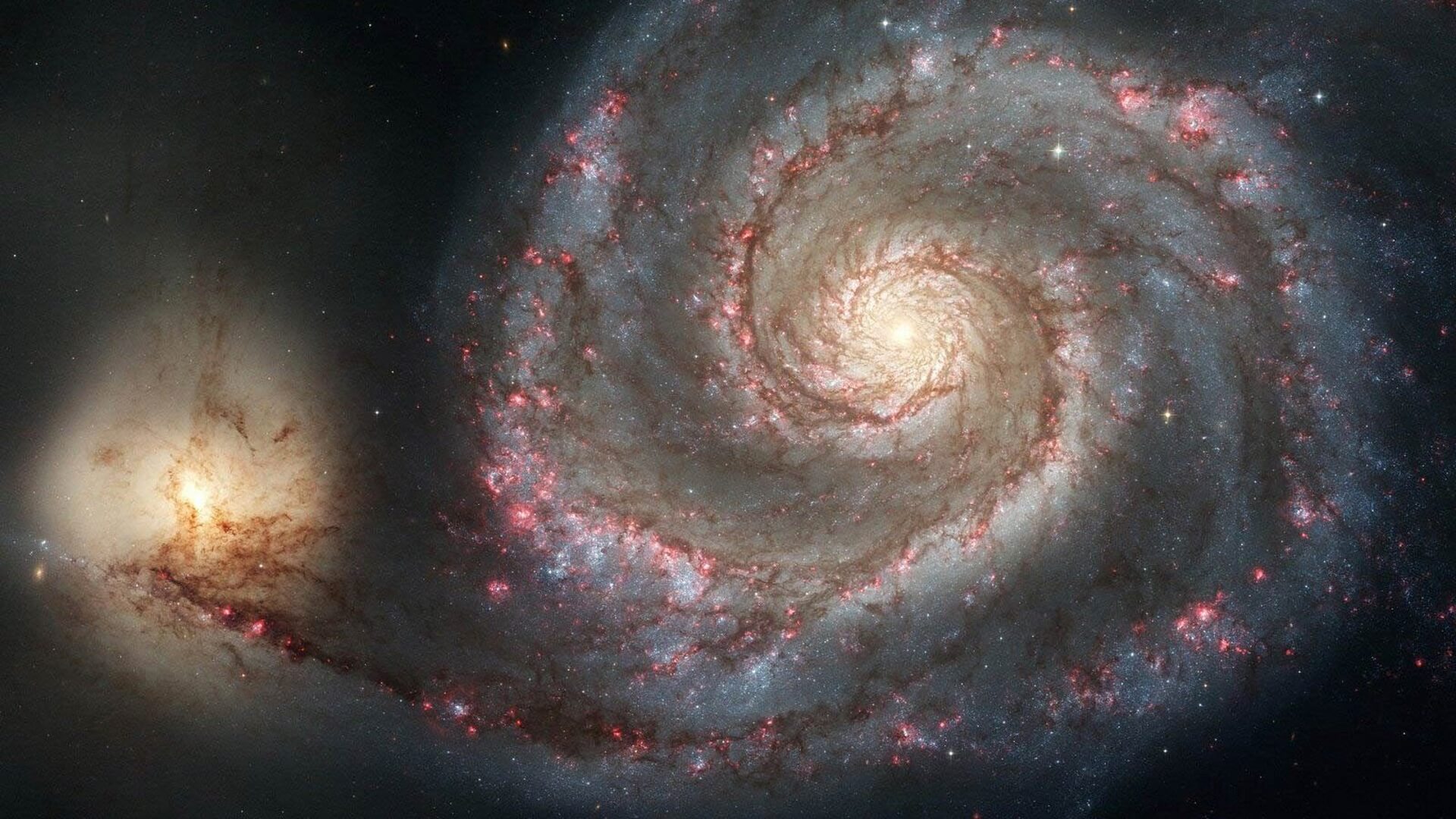

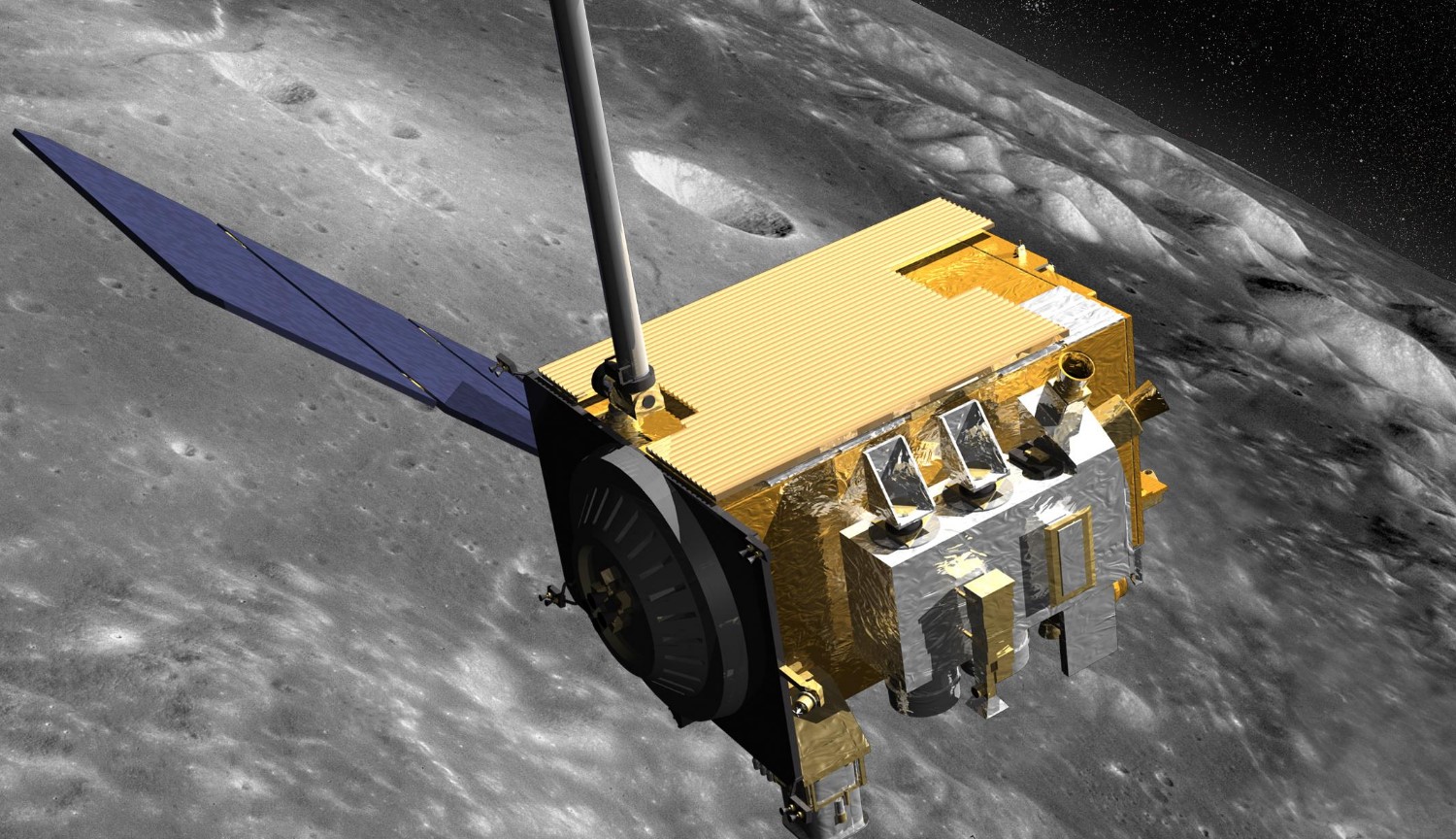
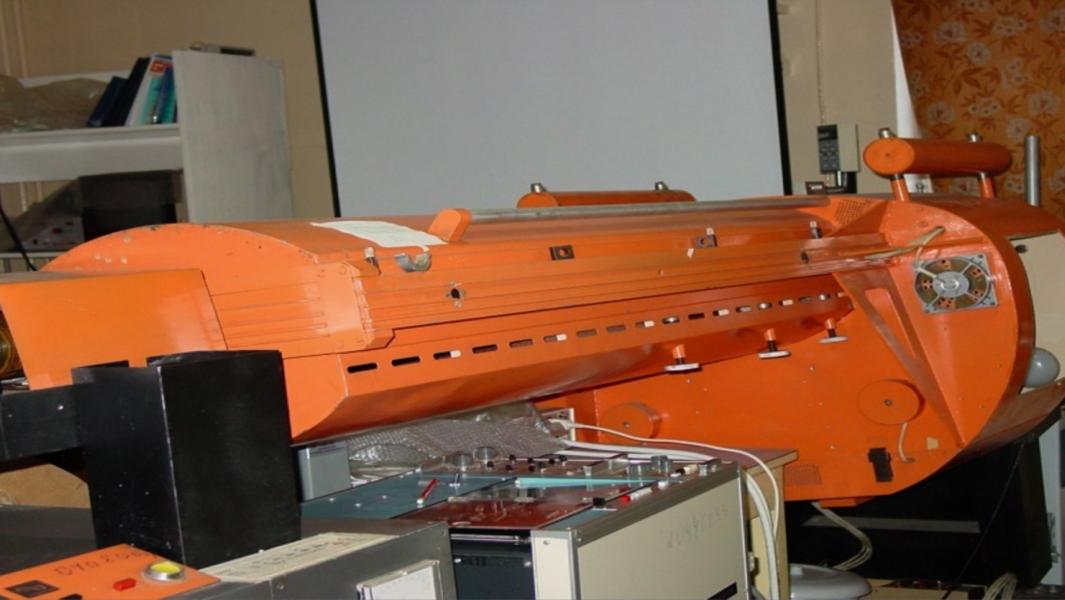
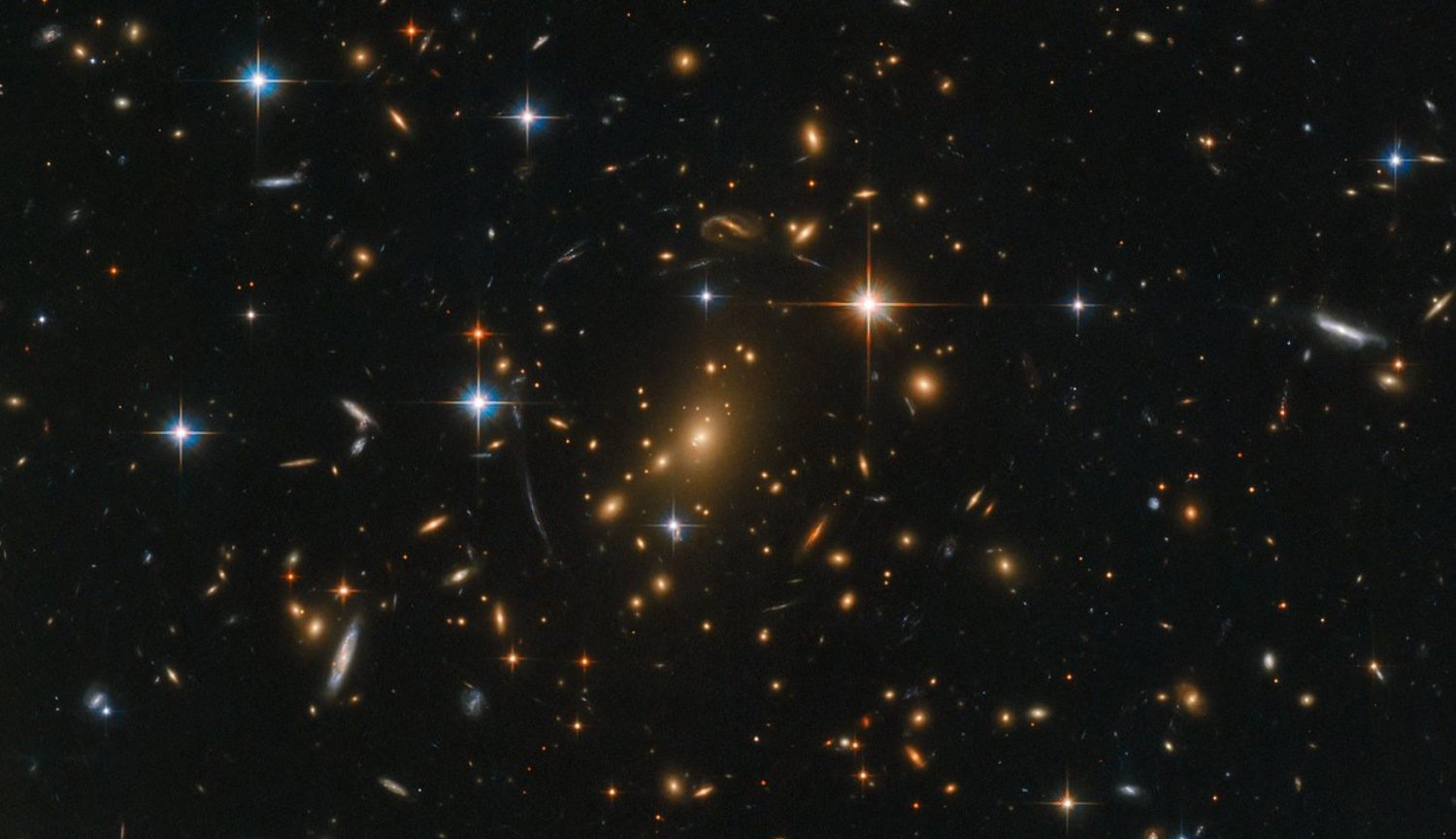

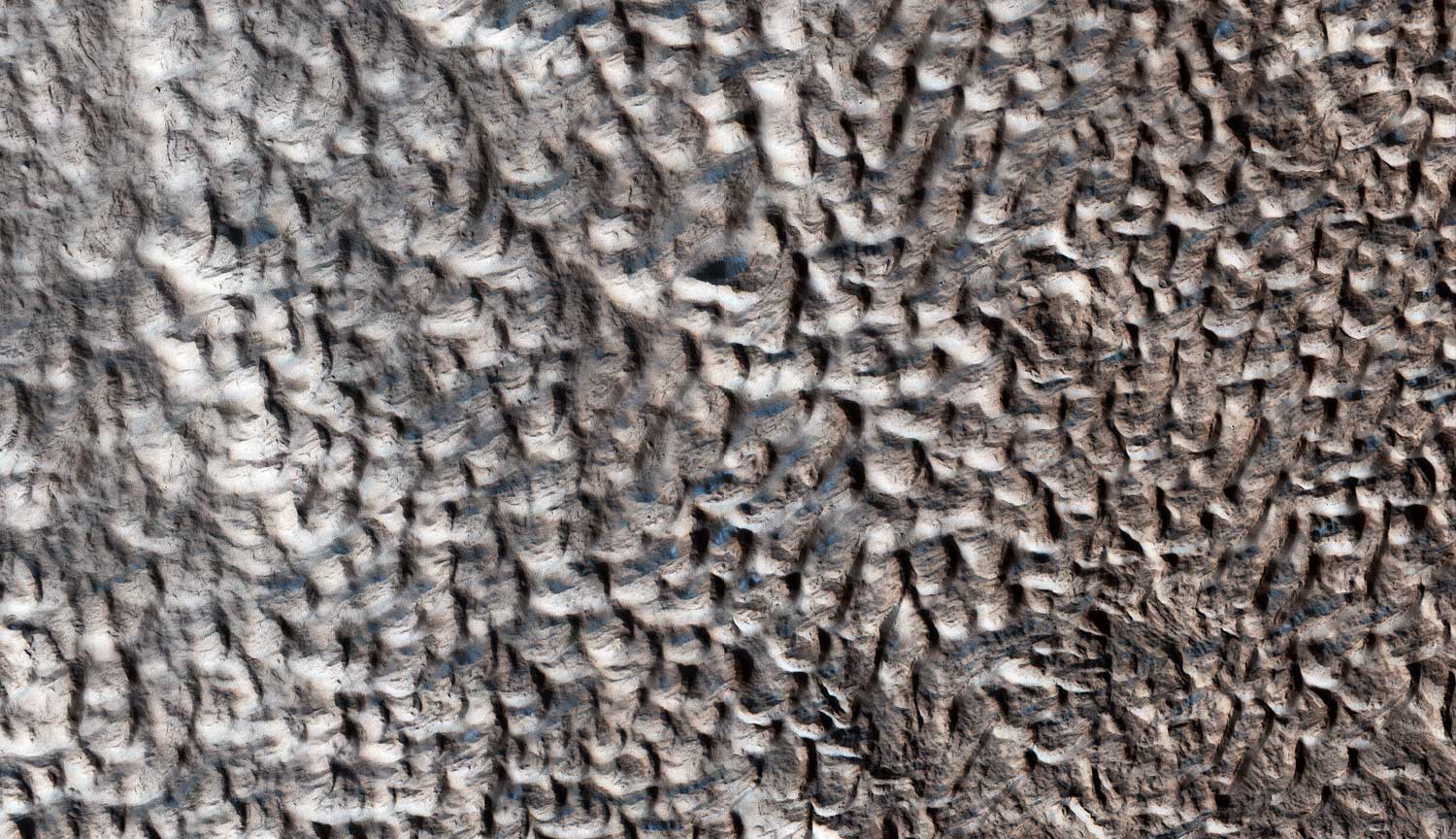
![[Live] Crew Dragon successfully splashed down after undocking from ISS](/images/nofoto.jpg)
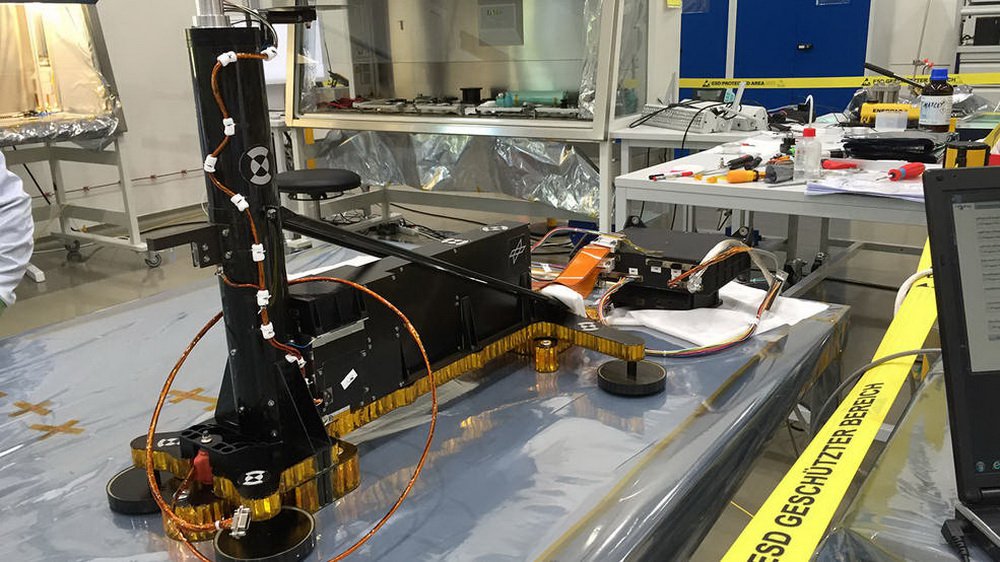

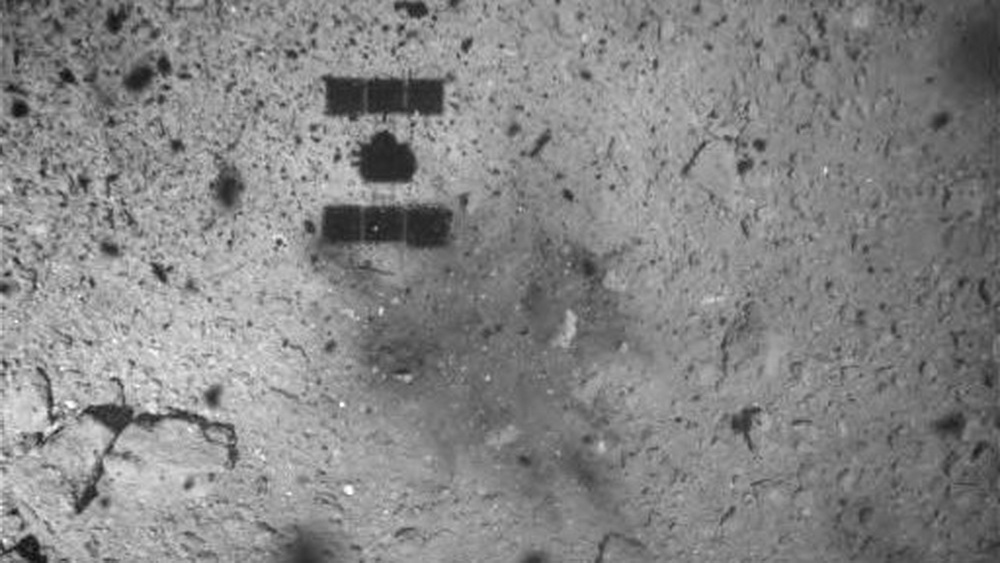
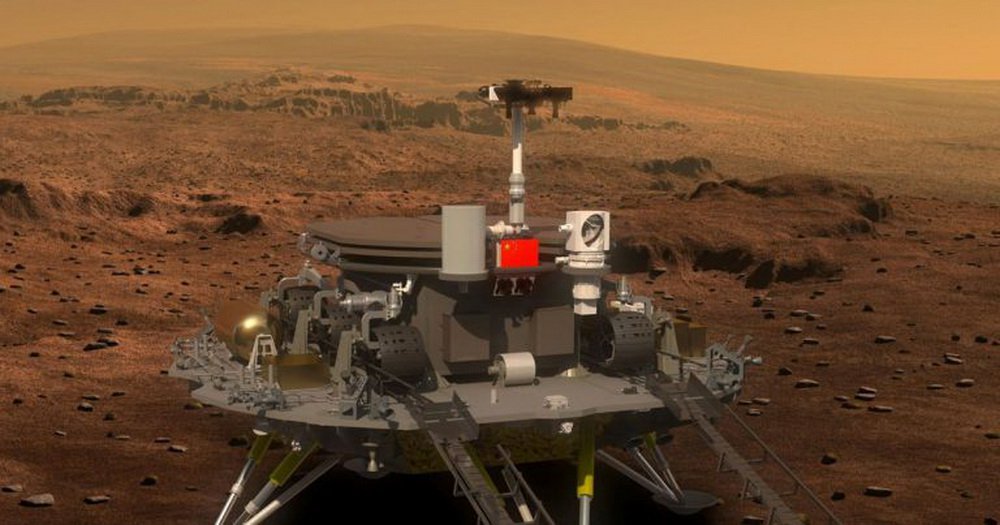
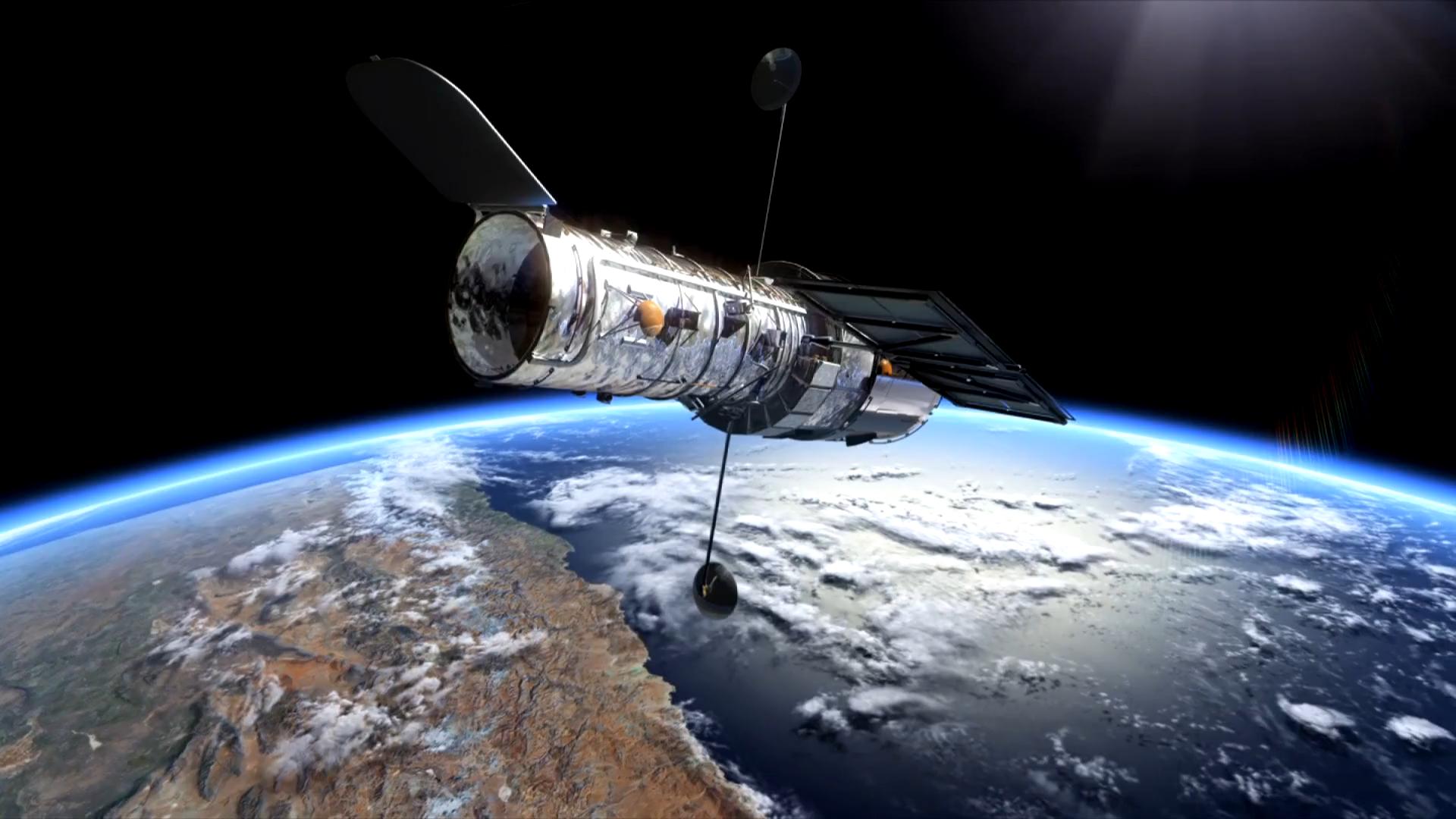



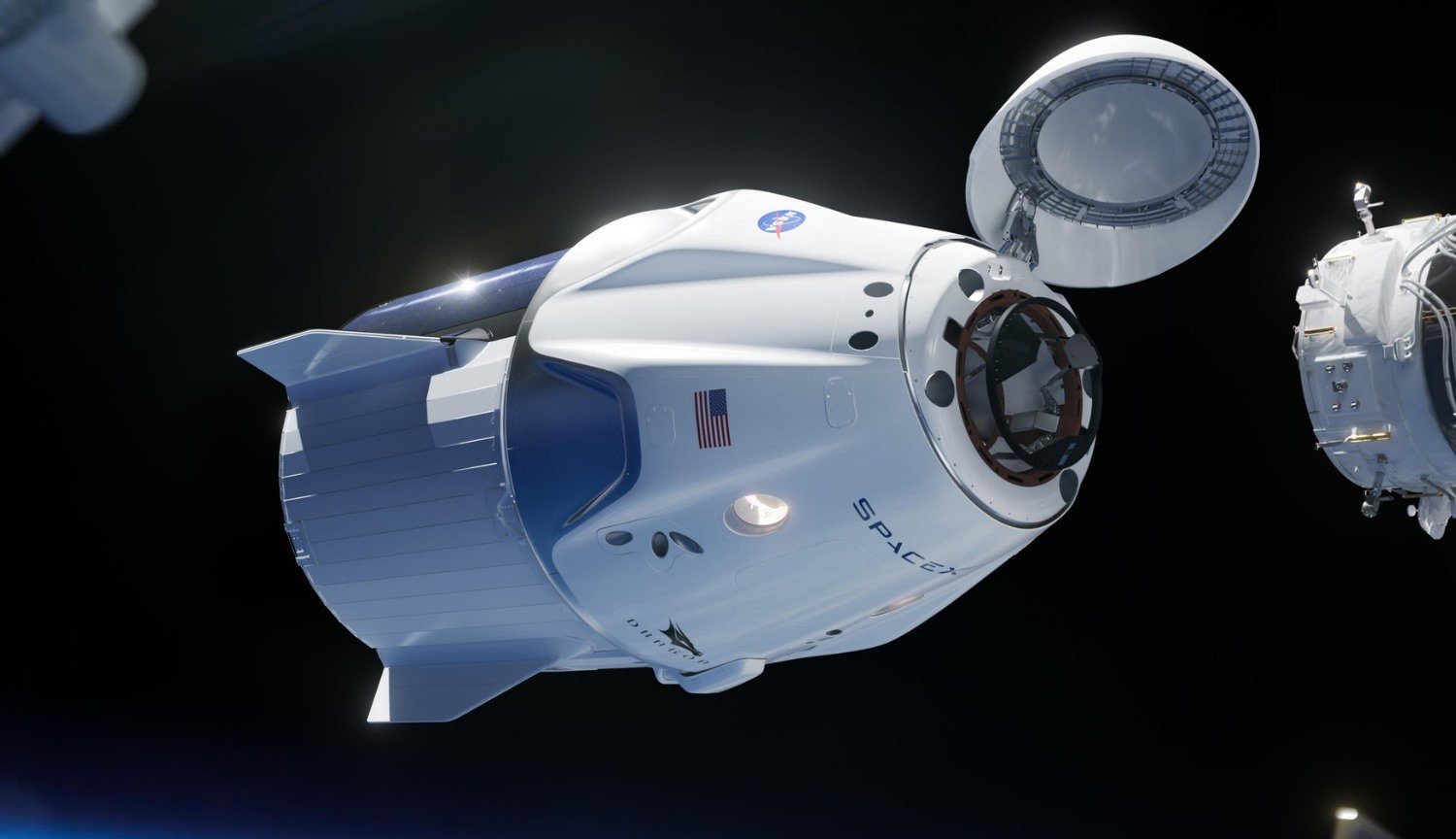
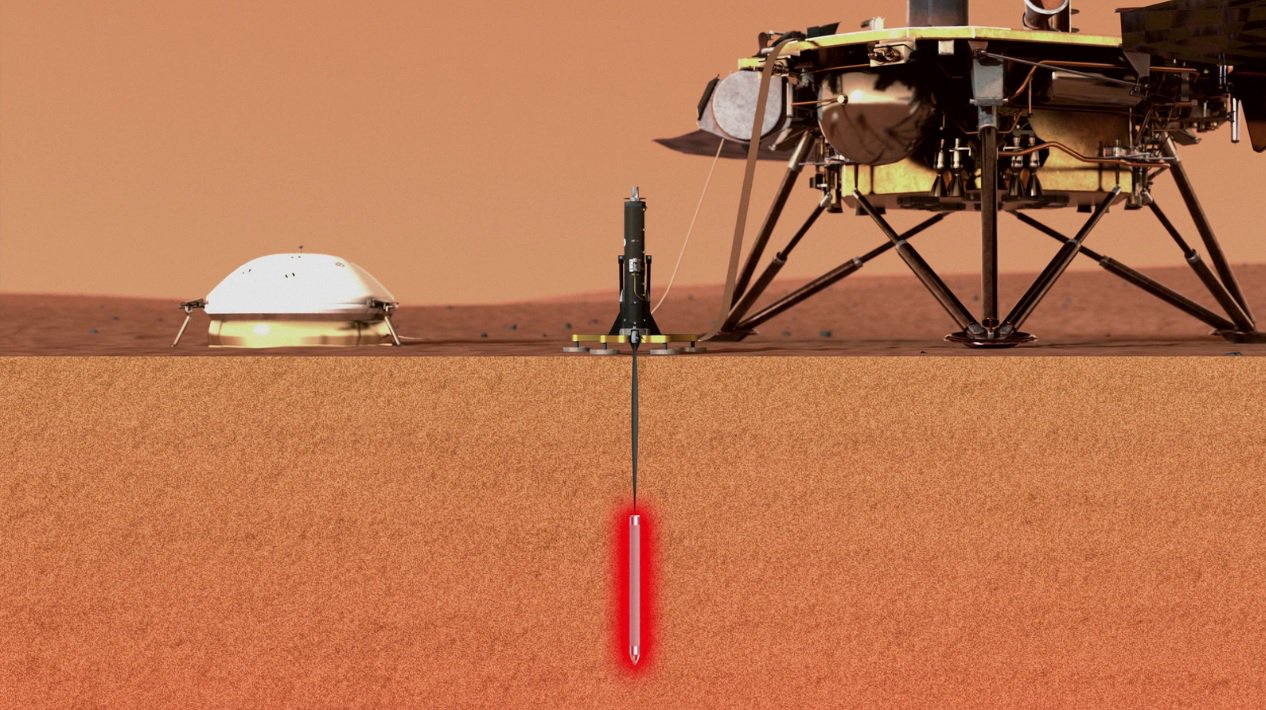
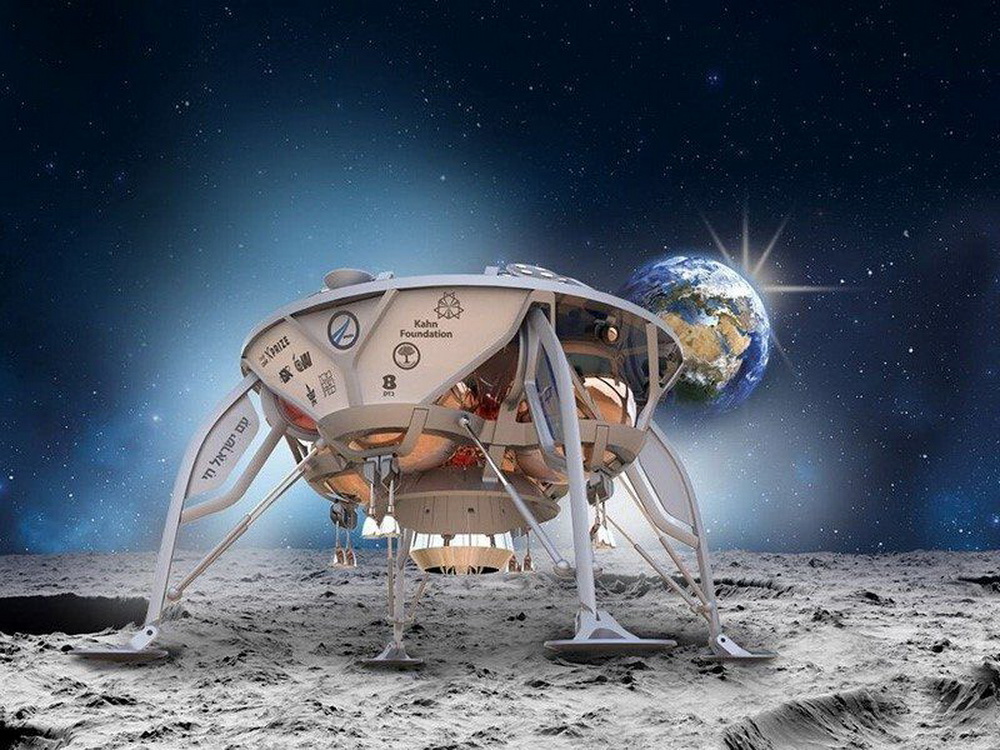
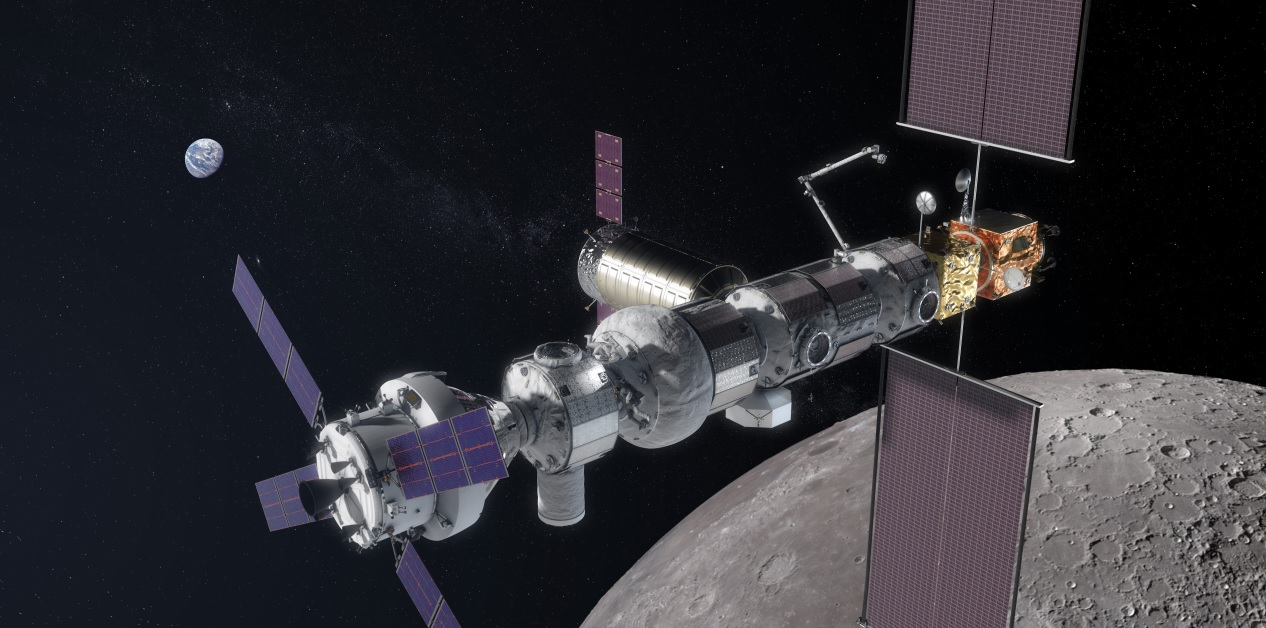
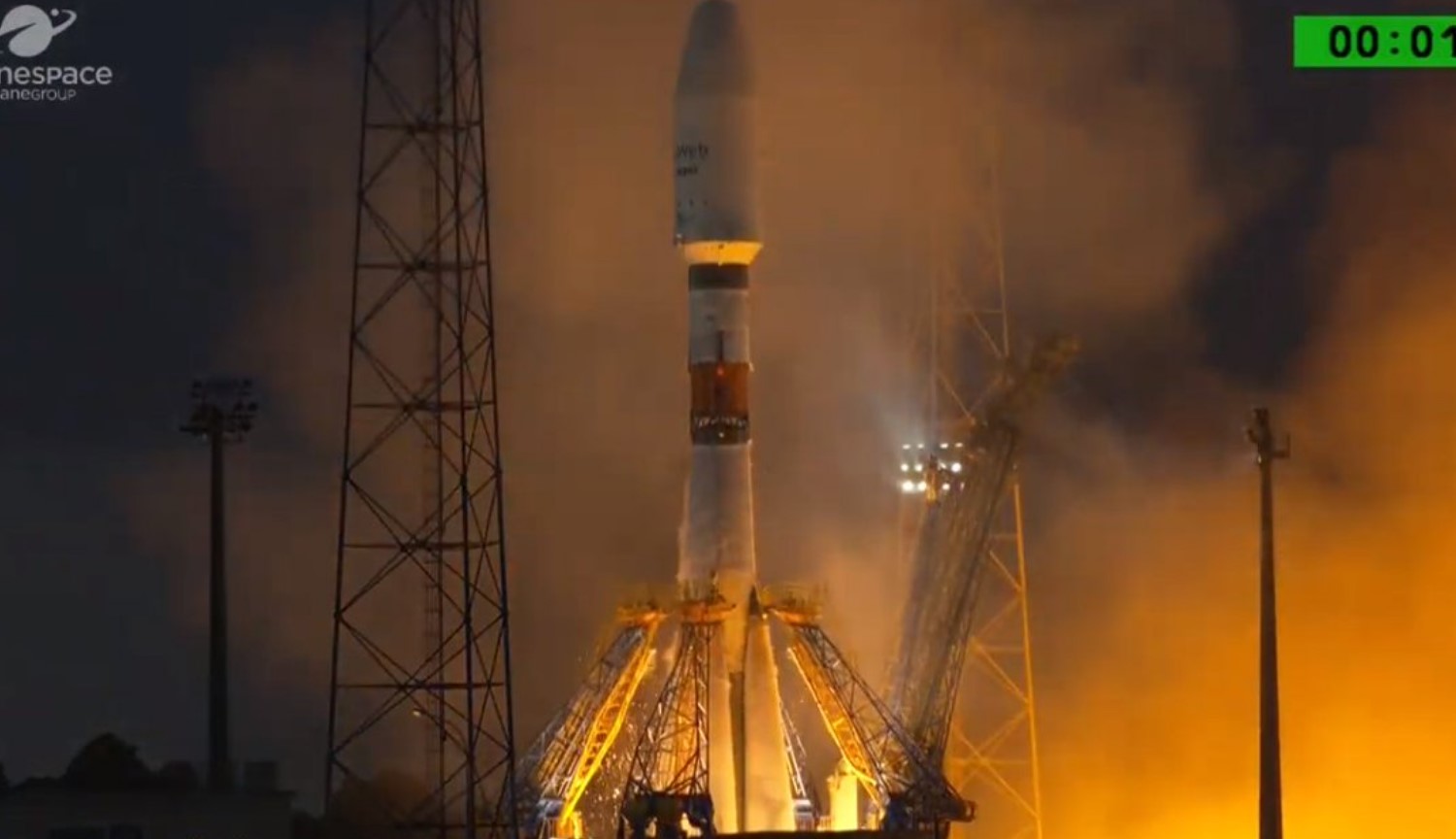
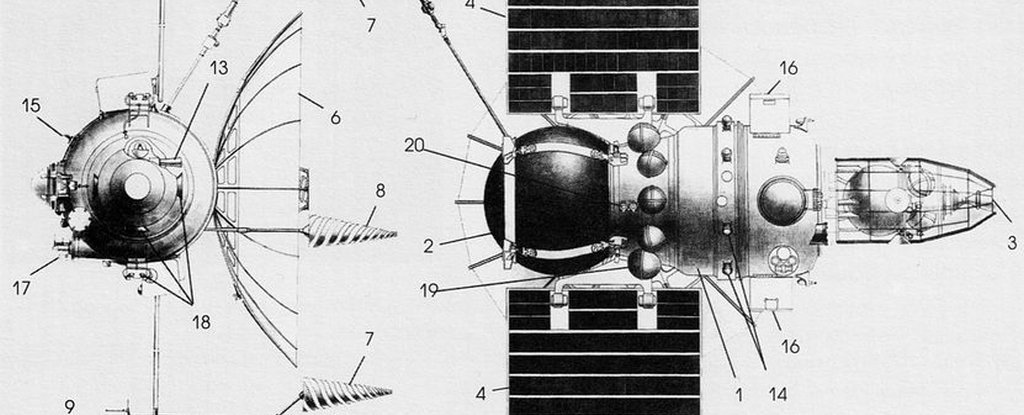
Comments (0)
This article has no comment, be the first!